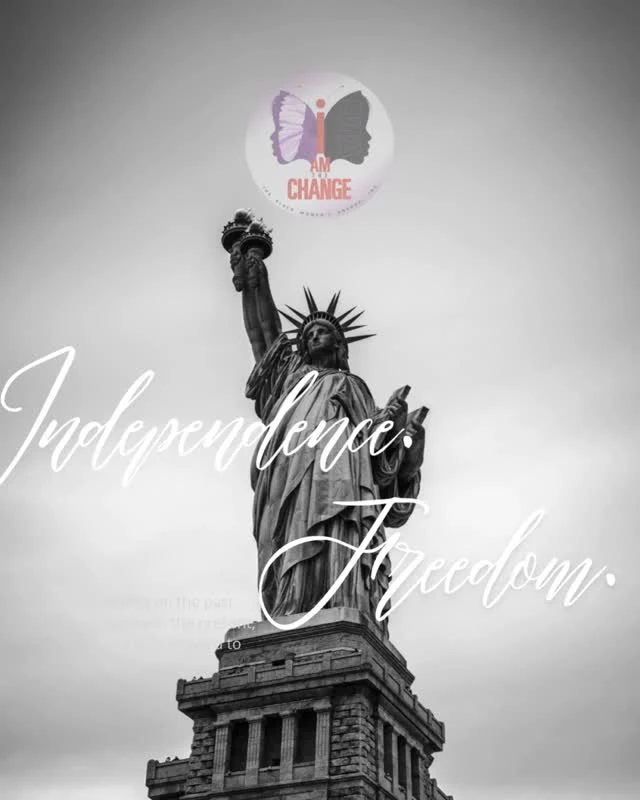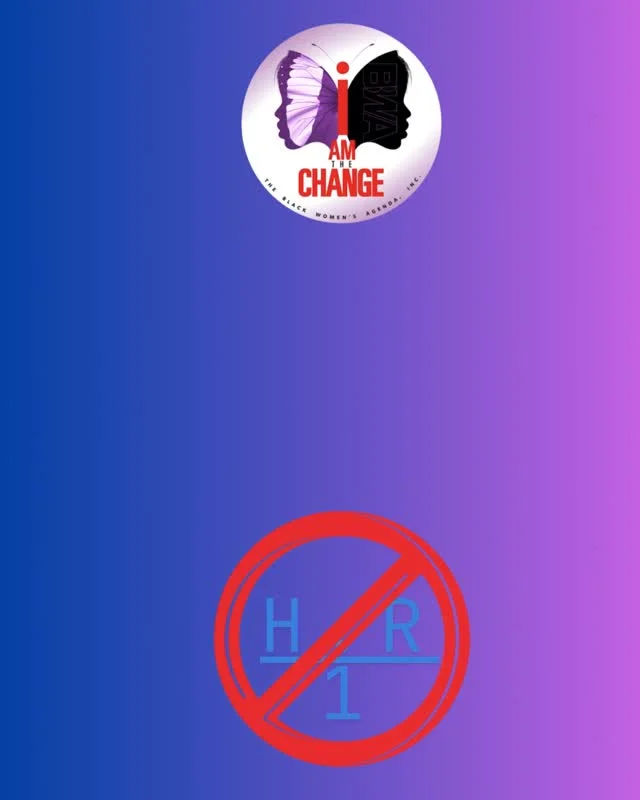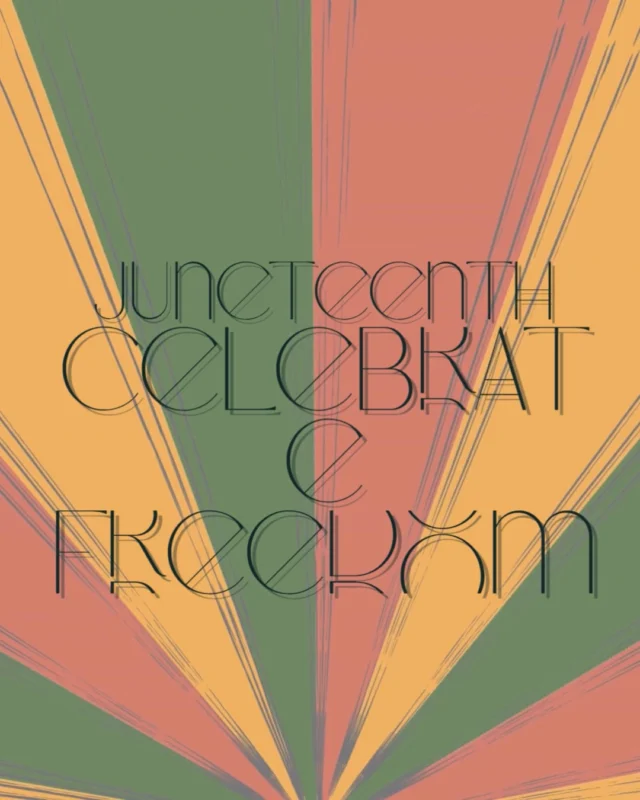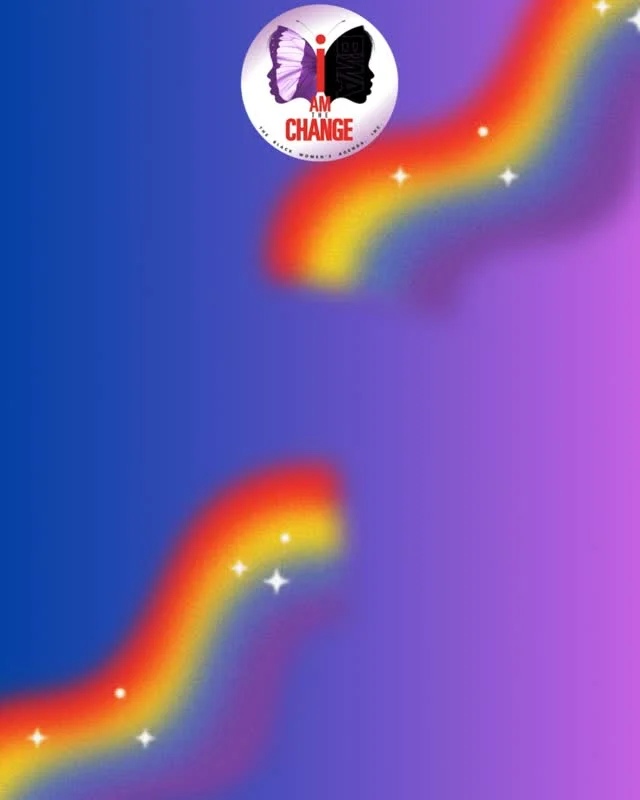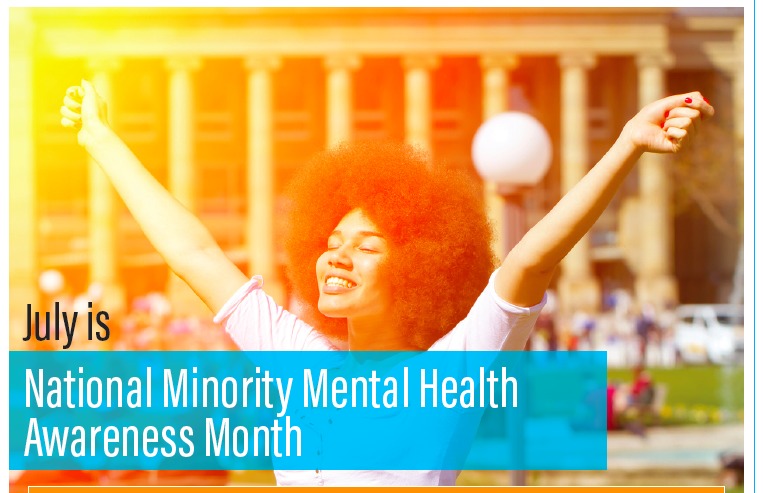
JULY IS NATIONAL MINORITY MENTAL HEALTH AWARENESS MONTH
In 2008, the US House of Representatives designated July as Bebe Moore Campbell National Minority Mental Health Awareness Month, which is now known as National Minority Mental Health Awareness Month. The resolution was sponsored by Rep. Albert Wynn [D-MD] and cosponsored by a large bipartisan group to achieve two goals:
- Improve access to mental health treatment and services and promote public awareness of mental illness.
- Name a month as the Bebe Moore Campbell National Minority Mental Health Awareness Month to enhance public awareness of mental illness and mental illness among minorities.
As part of this effort, The HHS Office of Minority Health joins partners at the federal, state, local, tribal, and territorial levels to help raise awareness about mental illness and its effects on racial and ethnic minority populations.
According to the Substance Abuse and Mental Health Services Administration (SAMHSA):
- In 2017, 41.5% of youth ages 12-17 received care for a major depressive episode, but only 35.1% of black youth and 32.7% of Hispanic youth received treatment for their condition.
- Asian American adults were less likely to use mental health services than any other racial/ethnic group.
- In 2017, 13.3% of youth ages 12-17 had at least one depressive episode, but that number was higher among American Indian and Alaska Native youth at 16.3% and among Hispanic youth at 13.8%.
- In 2017, 18.9% of adults (46.6 million people) had a mental illness. That rate was higher among people of two or more races at 28.6%, non-Hispanic whites at 20.4% and Native Hawaiian and Pacific Islanders at 19.4%.
The Agency for Healthcare Research and Quality (AHRQ) reports that “racial and ethnic minority groups in the U.S. are less likely to have access to mental health services, less likely to use community mental health services, more likely to use emergency departments, and more likely to receive lower quality care. Poor mental health care access and quality contribute to poor mental health outcomes, including suicide, among racial and ethnic minority populations.”
OTHER NEWS
Black Women’s Agenda Supreme Court Alert Schuette v. Coalition to Defend Affirmative Action
On Tuesday, April 22, 2014, in a 6-2 decision, the United States Supreme Court upheld a voter-approved change to the Michigan Constitution prohibiting the use of affirmative action in its state public college admissions. This decision upholds a 2006 Michigan ballot initiative where voters approved a prohibition on race-based admissions at state schools. This decision does not change the ability of schools in states that do not have such bans to consider race as one of the factors in their admissions process. Dealing a blow to affirmative action, the Court upheld the ballot initiative as one method of challenging race-conscious admissions policies.
SUPPORT MENTAL HEALTH AWARENESS MONTH LEARN THE SIGNS, RECOGNIZE THE SYMPTOMS, GET HELP
A noted author once wrote, “People assume you aren’t sick unless they see the sickness on your skin.” This month, the National Alliance on Mental Illness (NAMI) and The Black Women’s Agenda, Inc. (BWA) invite you to join the “I’m Into Mental Health” campaign supporting Mental Health Awareness Month by becoming Inspired, Informed, and Involved.
A HEART TO HEART ABOUT CARDIOVASCULAR DISEASE
Knowledge is power, especially when it comes to our health. Take heart disease, for example. What you don’t know can prove fatal. Problems affecting the heart and its blood vessels are the number one killer of women in the United States.
© 2025 The Black Women’s Agenda, Inc. All Rights Reserved. Privacy Policy


